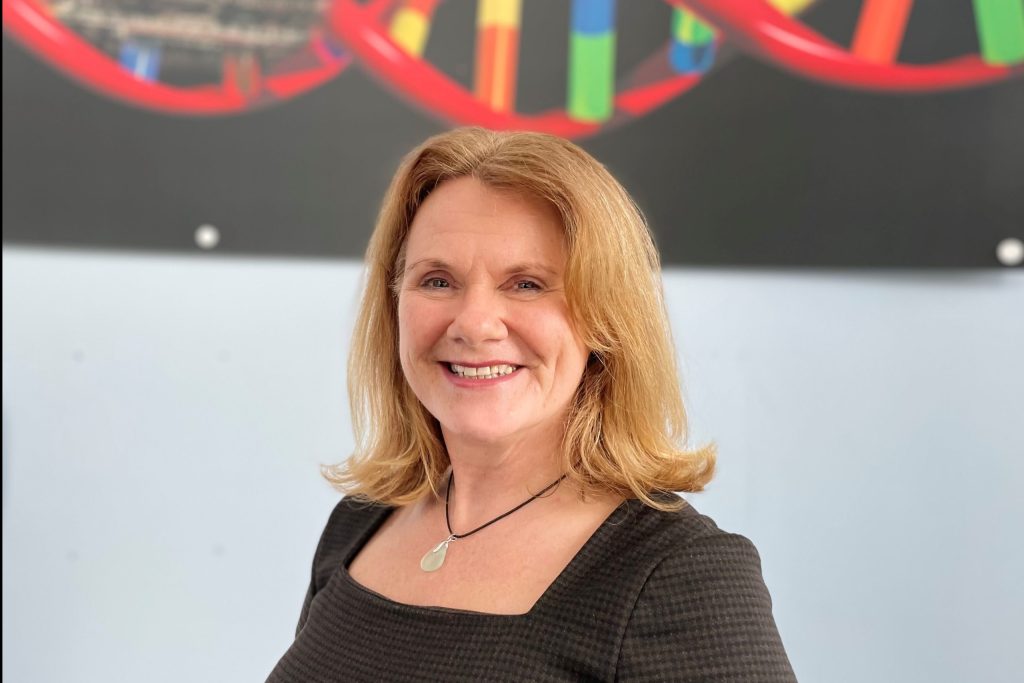The NHS in England is the first health care service in the world to carry out whole genome sequencing as part of routine care with the aim of helping to transform healthcare, provide new treatments, diagnostic approaches and help patients make informed decisions about their care.
The North East and North Cumbria (NENC) NHS Genomic Medicine Centre is one of 13 centres nationwide which correlates genomic data to help experts gain greater insight into genetic behaviours which can then inform the development of new treatments, diagnostic approaches and help patients make informed decisions about their care.
100,000 Genomes Project
Our region’s Centre was set up in 2015 to deliver the 100,000 Genomes Project and is led by our specialists at the Northern Genetics Service based at Newcastle’s Centre for Life.
They provide a diagnostic and “genetic counselling” service across the North East and Cumbria for individuals and families with problems or susceptibilities relating to genetic disorders.
Genetic disorders can be:
- Chromosomal abnormalities which may be associated with problems in either individual development and/or familial reproductive problems.
- Single gene disorders such as muscular dystrophy, Huntington’s disease and cystic fibrosis.
- Familial cancer and cancer-prone syndromes such as inherited breast or colorectal cancer
- Birth defects and/or learning disabilities with a genetic component.
Importance of genetic counselling
“The impact of genomics on patients and those closest to them cannot be underestimated,” explains Dr Lorraine Cowley, national lead NMAHP for NIHR CRN Genomics Research Specialty Group and a Principal Genetic Counsellor based at the Northern Genetics Service at Newcastle’s Centre for Life.
“Their response to their diagnosis can range from great relief, finally getting the answers they have searched for, for many years, to devastation, being left with more questions than answers and an expectation to make lifechanging decisions. These often pose significant ethical challenges which can be uncomfortable to face.

“It also doesn’t just affect them as individuals. It can have a major impact on their families both on a psychological and social level and can change family dynamics and relationships. Our role as genetic counsellors is to support patients holistically from start to finish and help them understand the implications of what they have learnt and the options available before they make any decisions.”
Lorraine adds “Each individual case has varying complexities but is personal to them, as is the familial context, and discussions with different family members can be heavily nuanced. It can be incredibly challenging with difficult conversations along the way, but it’s hugely rewarding to share their journey, doing all we can to keep patients as well informed as possible using a language everyone can understand.”
In this blog we meet the counselling team for the Northern Genetics Services who are dedicated to helping patients and their families navigate the ever evolving landscape of genomics, explaining inheritance patterns, how genetics work and how genetic testing may impact on important decisions for their future.
